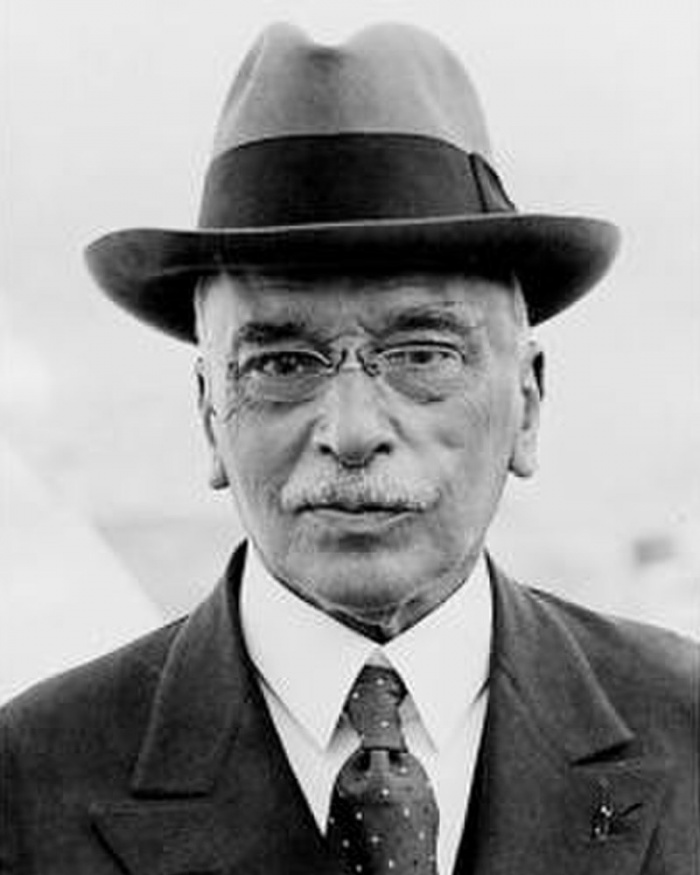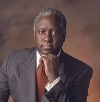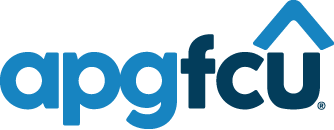- Locations
- Aberdeen Branch
- APG Branch
- Bel Air — Amyclae Branch
- Bel Air — Home Loan Center, Main St. (No ATM)
- Bel Air — Laurel Bush Branch
- Bel Air — Main St. Branch
- Cecil College Branch
- Chesapeake City Branch
- Edgewood Branch
- Elkton Branch
- Fallston Branch
- Forest Hill Branch
- Havre de Grace Branch
- North East Branch
- Rising Sun Branch
- Riverside Branch
- Branch Appointment Requests
Alert!
APGFCU will NEVER call, text or email asking for personal information. If you receive such a request, please contact us directly at our published number.
Branch appointments and drive-thrus are available. Stimulus check information. Click here for details.
APGFCU branches will open at 11 a.m. today. Online/Mobile Banking, Call Center and ABBY Telephone Teller are available.
Alert!
We are currently experiencing higher-than-normal call volume. Please consider Online/Mobile Banking for routine inquiries.
Riverside Branch will be temporarily closed starting 1/8/2021 and is anticipated to reopen on 1/11/2021. We apologize for the inconvenience.
The banking system will be down for maintenance, beginning at midnight Saturday until approximately 3:00am Sunday.

What is a Credit Union?
Credit unions are not-for-profit, financial service cooperatives, owned and controlled by their members, and operating in a democratic way. As co-ops, credit unions operate solely for their members’ benefit, rather than to make a profit.
Why Join a Credit Union?
Member Owned. Member Driven.
Credit unions were founded on the principle of people helping people. When you join a credit union, you become part of a community. A community that exists to help its members grow and prosper financially. You become something bigger than just an account number. You become a member-owner with the power to shape the future of the credit union through your voice and your vote. You become part of a movement that exists solely for the purpose of meeting the financial needs of their member-owners by following seven cooperative principles.
Seven Cooperative Principles
All co-op businesses run in accordance with seven basic principles.
Open and Voluntary Membership
It’s important that members voluntarily choose to become members. Cooperatives are “open to all persons able to use their services and willing to accept the responsibilities of membership…”
Democratic Member Control
Members ultimately control their cooperatives. When you attend your credit union’s annual meeting or vote for the board of directors, you’re exercising your member control.
Member Economic Participation
“Cooperatives operate so that capital is the servant, not the master, of the organization.”
Autonomy and Independence
While governments determine the legislative framework within which co-ops function, this principle asserts that co-ops also have an “essential need to be autonomous in the same way that enterprises controlled by capital are…”
Education, Training, and Information
This principle says members can play their role in the cooperative only when they understand that role and the co-op. That’s one reason, for example, that your credit union provides you with this information and other educational tools.
Cooperation Among Cooperatives
Those managing a cooperative believe that co-ops have a unique opportunity to protect and expand the interests of ordinary people. This kind of one-for-all and all-for-one idea is unique. Even in areas where they compete, it’s common for credit unions to cooperate on activities.
Concern for Our Community
Cooperatives exist primarily for the benefit of their members. Because of this strong association with members, they also are often closely and actively tied to their communities.
“The credit union movement… it is a great movement, worthy of great deeds, deserving of great loyalty.”

Edward Filene, founder of the first credit union in the United States.
Message from the CEO
A recognized visionary and innovator, Don W. Lewis has been a leader in the credit union movement for more than 40 years.
 As a member-owned, member-driven financial cooperative, APGFCU’s focus is on you. Because of our very structure, we operate in the best interest of our 137,963 members. It is who we are. We are here to empower members by imparting financial knowledge and providing the resources needed to achieve, prosper and grow.
As a member-owned, member-driven financial cooperative, APGFCU’s focus is on you. Because of our very structure, we operate in the best interest of our 137,963 members. It is who we are. We are here to empower members by imparting financial knowledge and providing the resources needed to achieve, prosper and grow.
Some people were fortunate enough to learn sound money management skills throughout their formative years. However, many – perhaps even most – did not. Instead, they may have had to navigate their way by trial and error, through life’s ups and downs. Sound money management is not a skill all parents and guardians have acquired themselves or that all schools are teaching our children. Yet, these skills are so important. Many who are struggling financially today are just inches away from financial freedom and success. They just need someone to guide them. That is where credit unions like APGFCU can help. We can help you take charge of your financial future.
We believe in a multi-generational approach to economic empowerment. Twenty-five years ago, we launched our Moola Moola program as a way to help parents introduce basic financial concepts to their children at an early age. We also established our financial education department. Together, these initiatives have reached thousands of children – at home and in the classroom. I still hear from members, who are adults today, with fond memories of growing up with Moola Moola. Today, 1,189 of the young people who were enrolled in the program during its inaugural year are still members, now between the ages of 24 and 37.
We are taking our youth program to a new level with the introduction of the M3 Money Club. This program teaches savings habits through the adventures of superhero characters Cash and Violet. The club includes an interactive website, where young people can engage in activities, listen to podcasts and read blogs — all of which teach smart money skills. In the classroom, we work alongside educators to impart financial literacy to students through presentations and by providing financial education resources and materials. It is our desire to reach children at all three levels of their education: elementary, middle school and high school.
Another way we reach youth is by participating and investing in programs through organizations such as the Boys and Girls Clubs of Harford and Cecil Counties. Our student-run branch at the Academy of Finance at Edgewood High School provides high school students with hands-on, practical experience. At the end of 2019, the branch had 690 members, $301,575 in deposits and $442,513 in loans.
For adults, we provide seminars on topics ranging from buying your first home to planning for retirement. We offer online educational tools, financial counseling and coaching sessions. Our Credit Builder program helps those financially impacted by a life event, such as job loss, illness or divorce. It includes an automatic rate reduction for making on-time payments, all while improving your credit score. A total of 658 members were able to obtain approximately $8.3 million in Credit Builder loans in 2019. For our most senior members, we offer the MyTimes program, with perks and discounts. For example, in 2019, MyTimes seniors received $21,671 in benefits in the form of paid AARP memberships.
By touching all generations, we will have the greatest impact. As one generation acquires these skills, it can pass them on to the next generation. In turn, each generation can raise its standard of living. This not only has a positive impact on individuals and families, but the larger community as a whole. As the basic family unit prospers, so will the greater community, as the dollar circulates from people to businesses, and back to people through wages. The credit union is a connector, helping to facilitate this process. It’s why at APGFCU we say we are here to build strong families for a stronger community.
It all comes down to the power of two, joining together. In this case, the member and the credit union. When someone stands alone, they can do well. But when two come together, they can do even better. The ability to achieve your financial goals is already within you. The credit union is the partner and conduit to help you get there.
I encourage you to take advantage of the many resources and tools available to you as a member-owner of APGFCU and to reach out to us for all your financial needs.
Don W. Lewis
President/CEO
